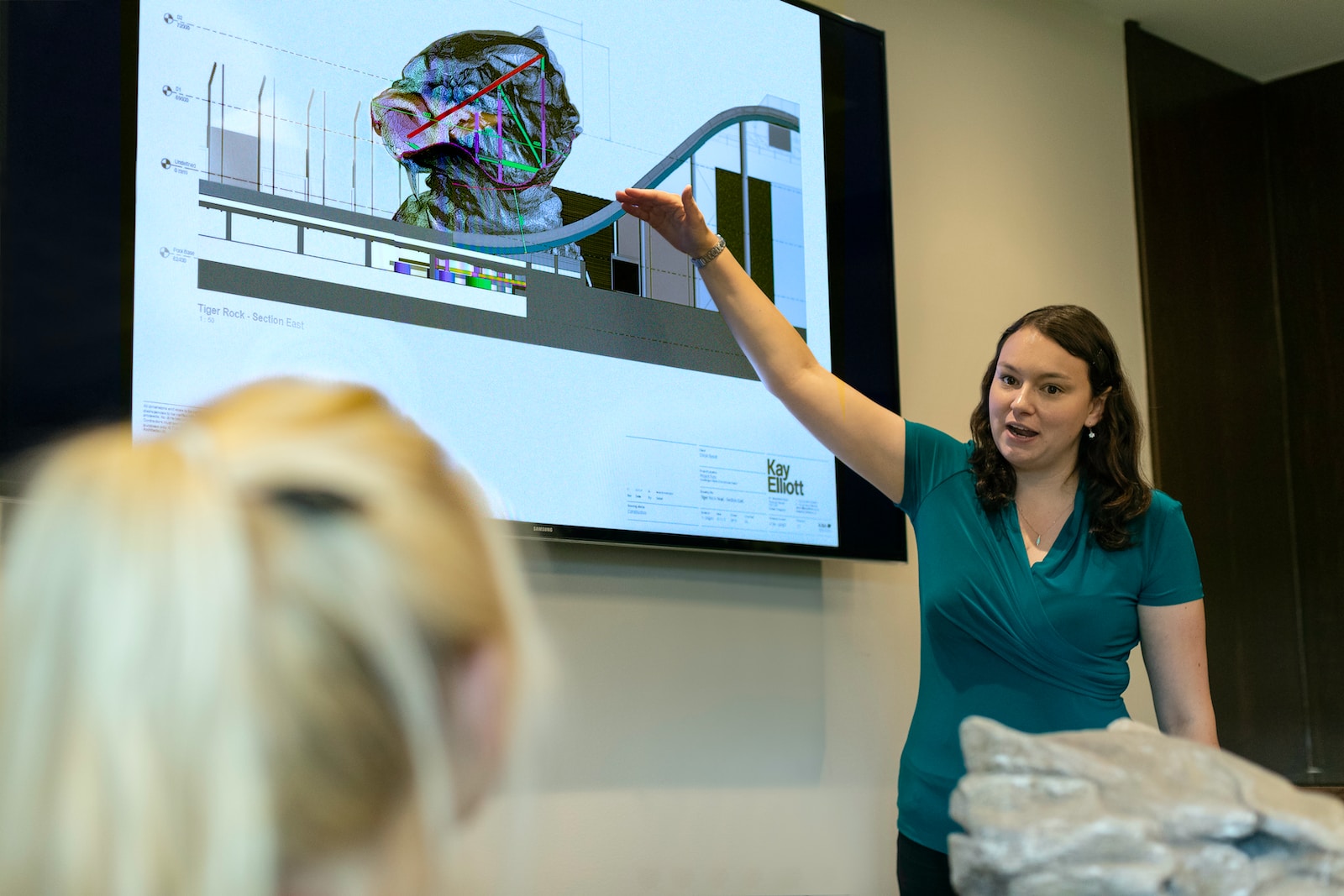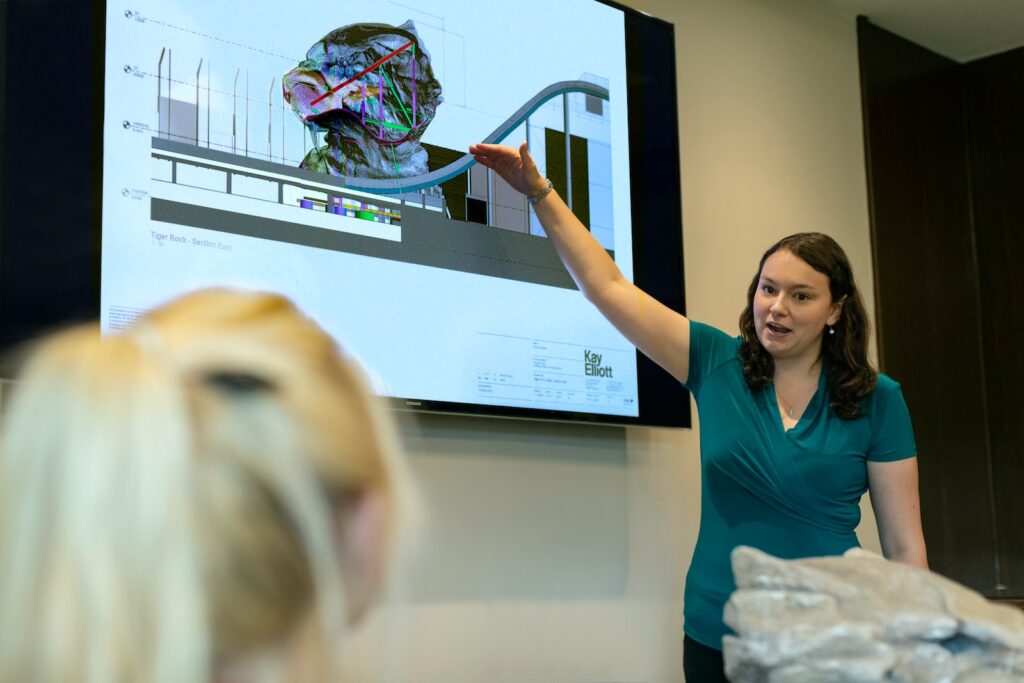
Becoming a skilled project manager in the environmental sector involves a combination of formal education, industry-specific training, practical experience, and personal skills development. Here’s a step-by-step guide to help you on your journey:
- Education:
- Bachelor’s Degree: Start with a bachelor’s degree in environmental science, environmental engineering, sustainability, or a related field. Some people also start with degrees in business, project management, or another relevant discipline and later specialize in environmental projects.
- Advanced Degrees (optional): Consider pursuing a master’s degree in environmental management, sustainability, or a related field. It can provide a deeper understanding and open doors to higher-level positions.
- Certifications:
- Project Management Professional (PMP): Offered by the Project Management Institute (PMI), this is a widely recognized certification. While not specific to the environmental sector, the skills and knowledge are universally applicable.
- Environmental Certifications: Depending on your region and specific area of interest, there might be certifications available that focus on environmental project management or specific environmental topics.
- Gain Experience:
- Entry-Level Roles: Begin with roles like project coordinator, environmental technician, or assistant project manager to gain foundational experience.
- Diverse Projects: Work on a variety of environmental projects, such as habitat restoration, renewable energy installations, environmental impact assessments, or waste management initiatives. This variety will broaden your skill set.
- Networking: Join professional organizations like PMI or the National Association of Environmental Professionals. Attend conferences, workshops, and seminars to meet industry leaders and stay updated.
- Develop Relevant Skills:
- Technical Skills: Acquire skills specific to environmental science and management, such as understanding environmental regulations, conducting impact assessments, or using geographic information systems (GIS).
- Soft Skills: Cultivate leadership, communication, conflict resolution, and stakeholder management skills. These are critical for project managers in any sector.
- Stay Updated:
- Continuing Education: The environmental sector is continuously evolving, with new technologies, regulations, and best practices. Regularly take courses or workshops to stay current.
- Reading: Subscribe to industry journals, magazines, and news outlets that focus on environmental issues and project management.
- Specialize:
- As you gain more experience, you may choose to specialize in a particular area, such as water conservation, clean energy, sustainable construction, or another niche. Specialization can open opportunities for consultancy roles or senior management positions.
- Softwares & Tools:
- Familiarize yourself with project management software like MS Project, Trello, Asana, or other tools tailored for environmental projects. GIS tools, environmental modeling software, and data analysis tools will also be beneficial.
- Ethics and Sustainability:
- Always strive to uphold the highest standards of ethics, especially when balancing economic, social, and environmental concerns. Your decisions will often have long-term environmental implications, so always prioritize sustainable and responsible choices.
- Feedback & Continuous Improvement:
- Regularly seek feedback on your project management practices and look for opportunities to refine your approach and skills.
Remember, the path to becoming a skilled environmental project manager is an ongoing journey of learning and experience. Embrace challenges, be adaptable, and remain passionate about making a positive impact on the environment.
